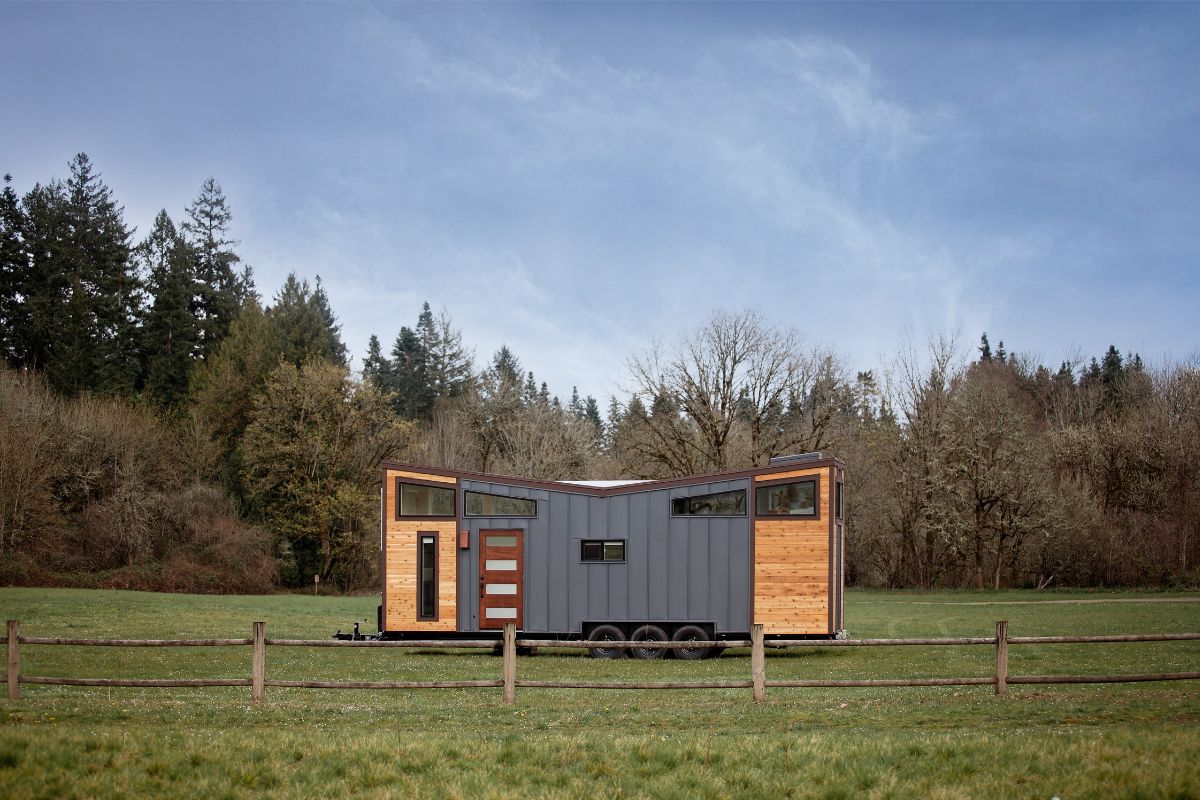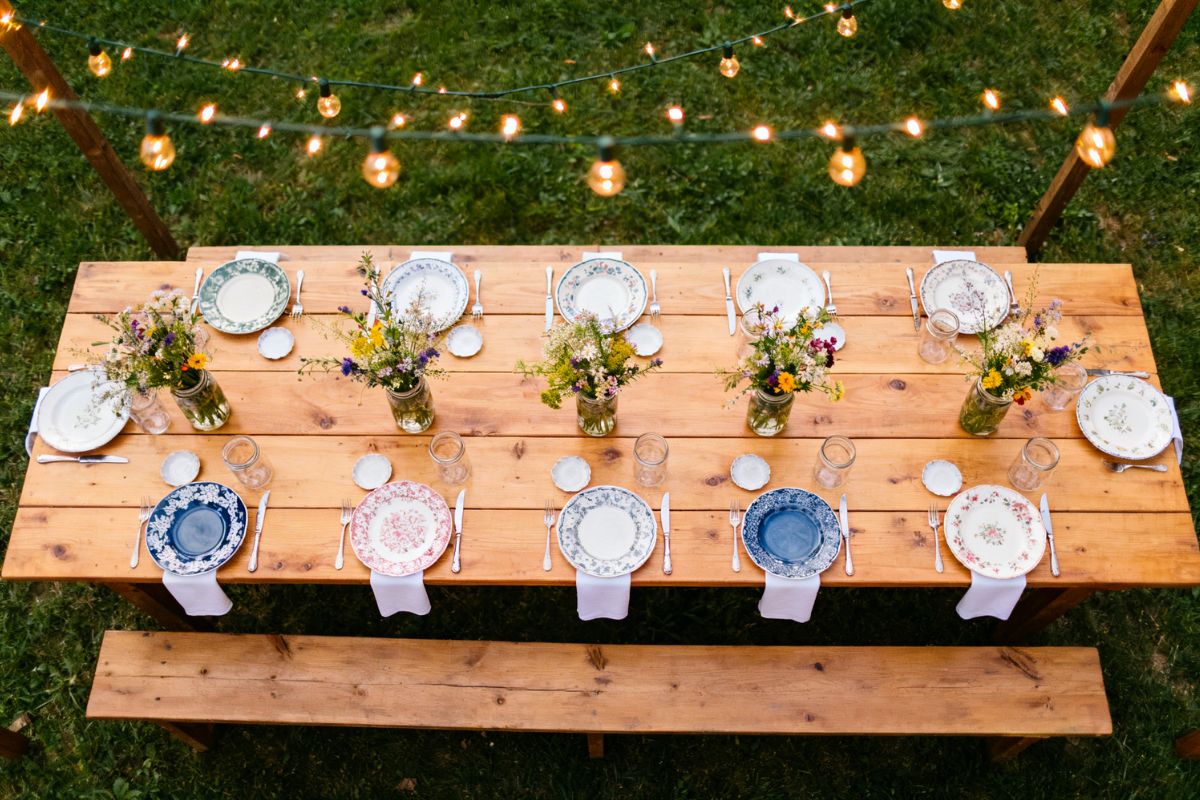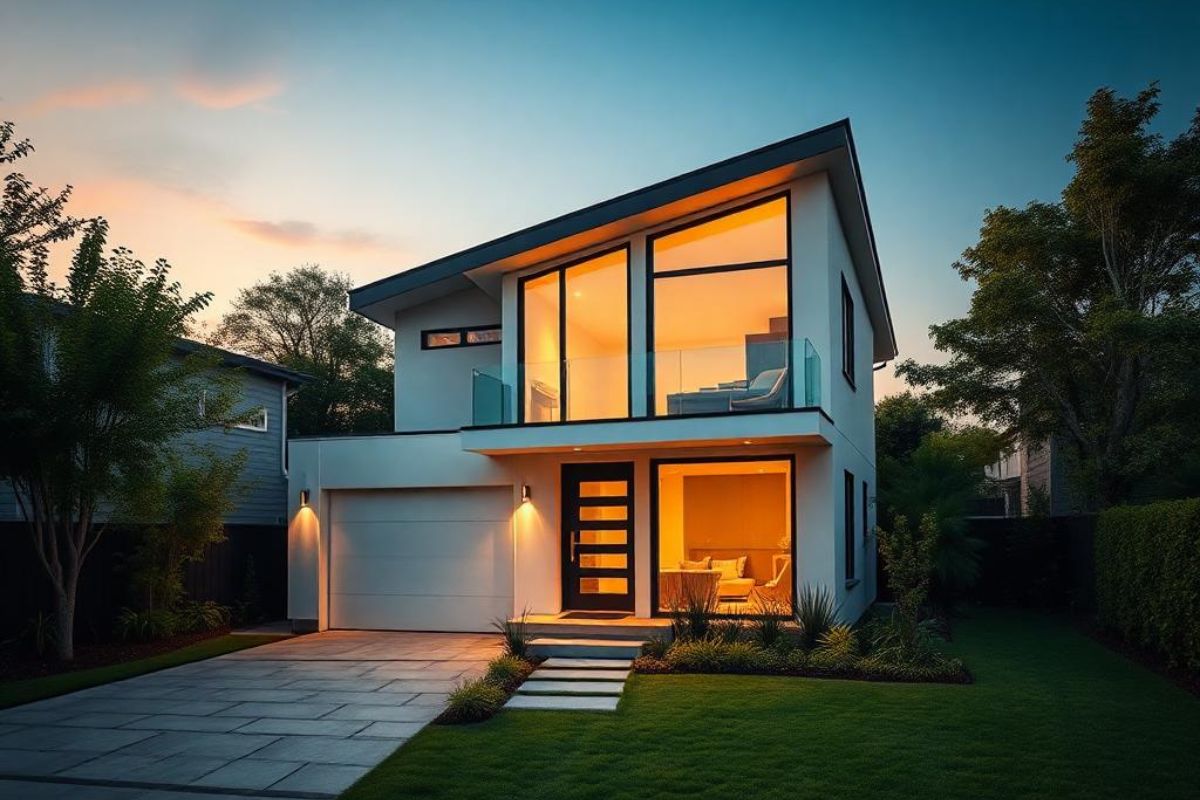Tiny Houses: How to Keep Your Tiny Home Private and Offline

Tiny houses are all about simplicity, freedom, and living life on your terms. But what happens when your dream home ends up everywhere online? Photos, location details, and personal information can quickly spread without your permission.
If you want your tiny home—and your life—to stay private, you need a plan. Here's how you can keep your tiny house offline, stay under the radar, and protect your privacy.
Why Tiny Homes Attract So Much Attention
Everyone loves a peek inside
Tiny houses are charming. They’re unique. And they often get a lot of attention from blogs, news outlets, and curious people online.
Stat: According to a 2023 study by HomeAdvisor, online searches for "tiny houses" grew by over 150% compared to 2018. People are fascinated by the tiny living movement.
This attention is great if you’re trying to sell your home or run a tiny house Airbnb. But if you just want to live peacefully, it can feel invasive.
How Your Tiny House Ends Up Online
It doesn’t always happen with your permission
There are a few common ways your tiny home might end up online:
- Friends and family post photos on social media without asking
- Builders or designers feature your house in their portfolios
- Location tagging by visitors accidentally gives away your address
- Google Street View captures your home if it’s near a public road
- News outlets feature your story if you’ve spoken publicly about tiny living
One small post can quickly snowball into hundreds of images and mentions across the internet.
When Attention Turns Into a Problem
Privacy isn’t just about peace—it’s about safety
It’s one thing when people admire your home from a distance. It’s another when strangers start showing up uninvited or when your private address gets shared without permission. Tiny homes often sit in rural areas or small communities where unexpected visitors can feel even more intrusive.
Protecting your privacy early helps avoid bigger headaches later. Once your home becomes a “must-see” location online, it’s much harder to pull it back behind the curtain.
Steps to Keep Your Tiny Home Private
Take action early
If you want to stay off the radar, here’s what you should do:
1. Ask for No Sharing Agreements
When friends or visitors come over, make it clear that you prefer no photos posted online. A simple conversation can prevent problems before they start.
Pro tip: Put up a small, polite sign near your door reminding guests to respect your privacy.
2. Work With Builders Carefully
If you hired a company to build your tiny house, make sure your contract includes a clause saying they can’t use your home in marketing materials unless you approve it.
Some builders assume they can post photos of their work. Make it clear from the start that you want to keep your build private.
3. Manage Your Google Presence
If your tiny home shows up on Google Street View, you can request a blur of your house.
- Go to Google Maps
- Find your address
- Click "Report a Problem"
- Request a blur over your house or surrounding area
It takes a few weeks, but it’s an easy way to remove one more piece of information from public view.
4. Keep Location Details Off Listings
If you ever post about your home online—for example, in a tiny house forum or Facebook group—avoid giving away too much detail about your exact location.
General region is fine ("coastal BC" or "rural Alberta"), but never post exact addresses or easily identifiable landmarks in your photos.
5. Work With a Reputation Management Expert
Sometimes, no matter how careful you are, your tiny house info still ends up online.
Companies like Guaranteed Removals can help you clean up unwanted online content, whether that’s photos, blog features, or even negative news articles about your property.
Having experts on your side saves you time and hassle—and helps protect your right to privacy.
.jpg)
What to Do if Your Tiny House Is Already Online
Take these steps quickly
If you find images or information about your tiny home online:
- Contact the site owner: Politely ask them to take down the content.
- Flag and report: Use platform tools to report privacy violations.
- Document everything: Take screenshots in case you need evidence later.
- Seek professional help: If a site refuses to remove private information, a service like Guaranteed Removals can step in.
The sooner you act, the easier it is to get information removed or buried.
Why Privacy Matters Even More in Tiny Living
It’s not just about peace and quiet
Tiny houses are small. They often sit on private land, rural properties, or even in tucked-away communities.
When your home is small, personal space feels even more precious. Having strangers show up uninvited or knowing your exact location because of an old blog post can feel threatening.
Keeping your home private isn’t about hiding from the world. It’s about protecting the life you worked so hard to build.
Tiny Home, Big Privacy
Living tiny means choosing what matters most—and what doesn't. Privacy should be high on that list.
By taking early steps to control where your home appears online, setting clear boundaries with visitors, and knowing when to call in expert help, you can keep your tiny slice of paradise truly yours.
Because your home isn't just a structure—it's your freedom, your safety, and your story to tell (or not tell) however you choose.
Top 5 Tiny Home Privacy Mistakes to Avoid
Keep your home truly private
1. Allowing too many visitors without clear rules
Always remind guests not to post photos or tag your location.
2. Sharing too much on social media
Even casual posts can give away clues about where you live.
3. Forgetting to blur your home on Google Maps
An easy privacy win most people miss.
4. Signing vague contracts with builders
Make sure you control how and where photos of your home are used.
5. Ignoring early signs of unwanted attention
If your home gets posted somewhere without permission, act quickly to have it taken down.
If you’re serious about keeping your tiny home and your lifestyle private, start taking action today. Set clear boundaries, stay alert, and don't hesitate to get expert help when needed. Your home, your rules—protect it like it deserves.









